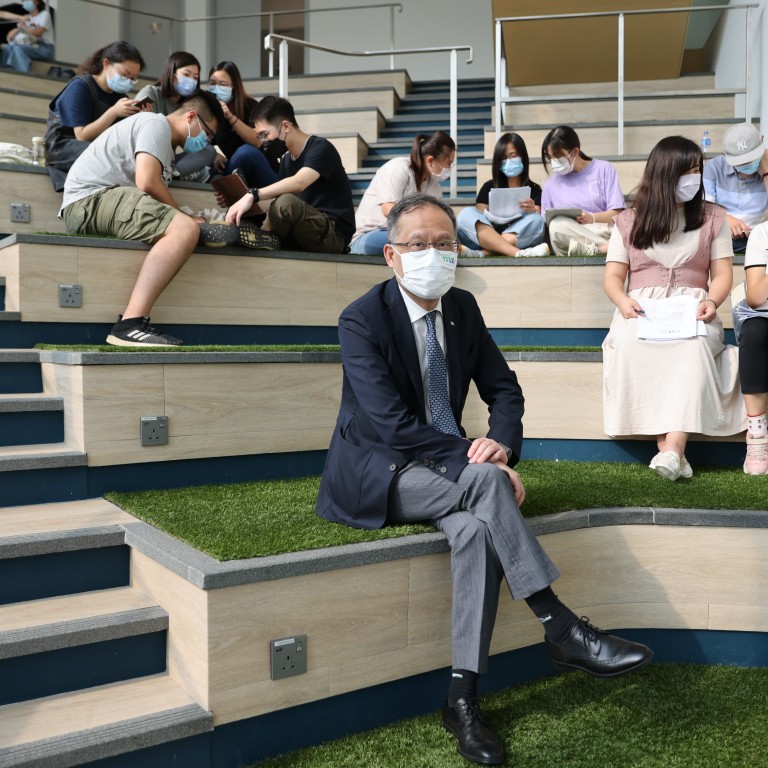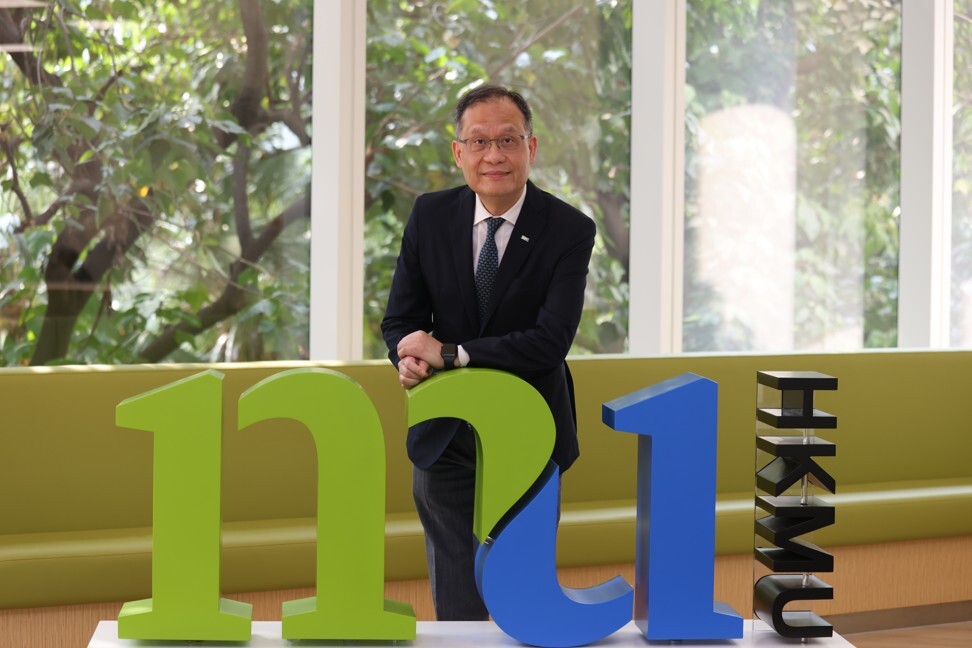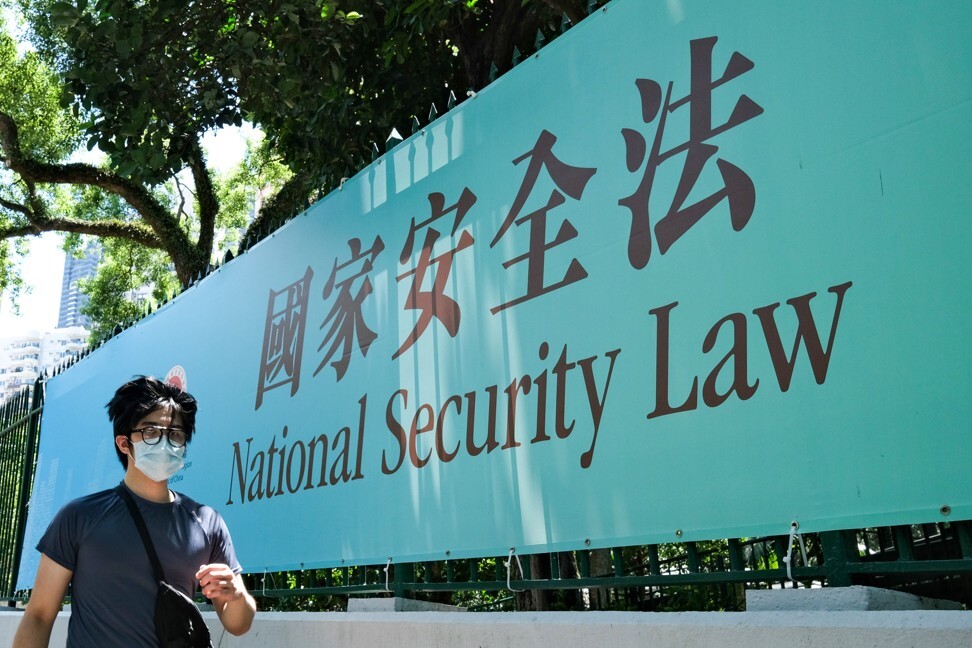
Hong Kong Metropolitan University latest to introduce compulsory national security course on ‘common core values’ of good citizens
- Rebranded Open University will stress integrity, fairness, perseverance and innovation in new course
- University keen to recruit overseas students from countries in China’s Belt and Road Initiative
From November, students will have to attend the relevant courses under its general education modules. They will take part in online seminars, write essays and be graded on a pass-or-fail basis, but all students must complete the courses before they graduate.
“We hope all graduates from our university will share common core values and be trained in integrity, fairness, perseverance and innovation,” university president Paul Lam Kwan-sing said in an interview last week.
At least 3 Hong Kong universities make national security education compulsory
Teaching these core values would mean exploring issues such as the need to be law-abiding and citizens’ civic responsibilities, he added.
With more than 19,000 students and nearly 1,000 staff, the city’s biggest self-financed school rebranded itself as Metropolitan University from this academic year to “better reflect its status and strategic goals”.
It is the fifth higher education institution to reveal compulsory courses on the national security law, which bans acts of subversion, secession, terrorism and collusion with foreign forces and has led to the arrest of more than 150 people so far.
Under the law, the government is required to promote national security education in universities and schools.

Publicly funded Polytechnic, Baptist, Lingnan and Education universities have announced compulsory programmes for students, including talks, seminars or lectures, while self-financed Hang Seng University said it would introduce elective courses on national security from next January.
Asked if students would be able to express negative views on the law in their essays, Lam said the university “would not be able to control what students write”, but teachers should be able to discuss issues with them.

Year 4 student Elvin Lau Yu-kit, 20, external vice-president of the university’s student union, said that management had discussed the national security education plans with the union.
“It is, after all, something inevitable … This topic will be rolled out at all local universities eventually,” he said, adding that the union would gather feedback from students after the courses began.
Lingnan University terminates 2 professors who previously criticised government
Hong Kong has seen a wave of emigration since the national security law was introduced, with critics questioning whether sensitive topics could still be discussed on campuses.
But Lam said the university had not seen a significant loss of academics or students since the law was introduced and academic freedom had not been affected.
He also told the Post about other developments at the university.

He said it hoped to attract more non-local students from Central Asian countries involved in China’s Belt and Road Initiative to establish a “New Silk Road” of railways, highways and ports across Asia, Europe and Africa.
Having students from Kazakhstan, for example, would “encourage them to know more about Hong Kong”, Lam said, adding that the university had begun discussions with various consulates.
The university was also overhauling its academic credits system to switch from awarding five credits for most courses to three, as most other local universities do. This would give students more flexibility in their course choices and transfer of credits.

It signed an agreement with the Zhaoqing Municipal Government in April last year to open a 1,012-hectare campus which would recruit undergraduate students from 2023.
Lam said that might now be delayed until 2024 as official approval to build the new campus had yet to be granted by mainland Chinese authorities.
The pandemic affected plans for face-to-face discussions with Zhaoqing officials, while the university’s rebranding into Metropolitan University meant some documents had to be updated.

